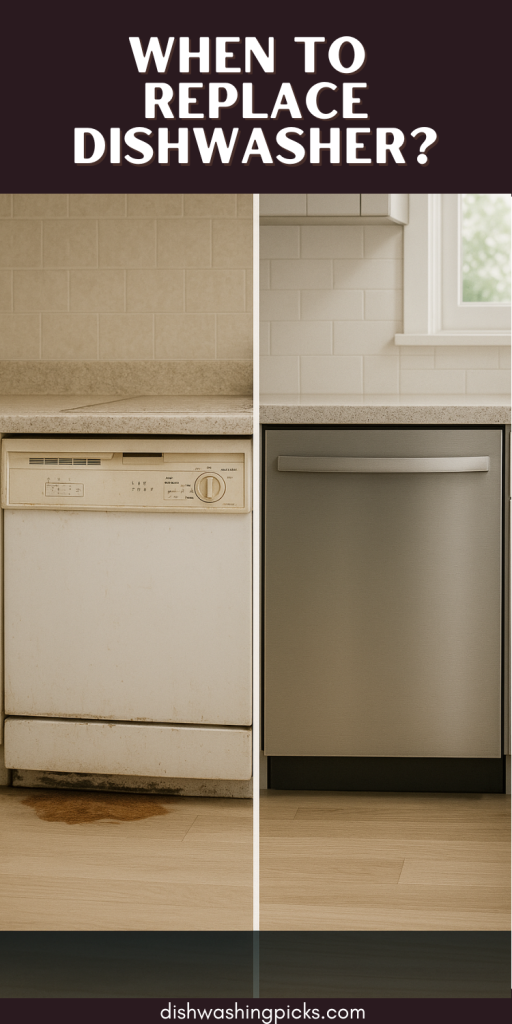
Alright, let’s get real—your dishwasher has been part of the family for years. It’s cleaned up after Thanksgiving dinners, late-night pizza binges, and those “oops, I forgot to pre-rinse” moments. But lately… it’s been acting a little off. So, how do you know when it’s just being moody or when it’s time to say goodbye?
Let’s break it down together.
How Long Do Dishwashers Typically Last?
First things first: dishwashers aren’t immortal. Most models last between 8 to 12 years, depending on the brand, how often you use it, and how well you’ve treated it (yes, we’re judging you if you’ve never cleaned the filter).
So, if your dishwasher is pushing a decade or more? It might be time to start thinking about a replacement, especially if it’s showing signs of wear.
Tell-Tale Signs It’s Time to Replace
Here’s where it gets interesting. Look out for these clues that your dishwasher might be on its last rinse cycle:
- Dishes come out dirty (even after a full cycle): If you’re rewashing plates by hand, something’s not right.
- Weird noises: Grinding, rattling, or humming like it’s preparing for lift-off? Not normal.
- Leaks or pooling water: Big red flag. It could be a faulty door seal or something more serious.
- Rust inside: This isn’t just gross—it can lead to water contamination.
- Door doesn’t latch properly: If you have to karate-chop it closed, it’s time.
- Sky-high energy bills: Older dishwashers are way less efficient than newer models.
- It smells… off: Like, permanently funky? Could be buildup, but sometimes it’s just old age.
Noticing one or two of these? You might be okay. But if it’s a combo platter? Time to move on.
Repair or Replace? Here’s the Rule of Thumb
Still on the fence? Here’s a super simple rule:
If the repair costs more than 50% of the price of a new dishwasher, go with the new one.
Appliance repairs can sneak up on your wallet. And with how far dishwashers have come (hello, ultra-quiet cycles and smart sensors), you might actually save money in the long run.
